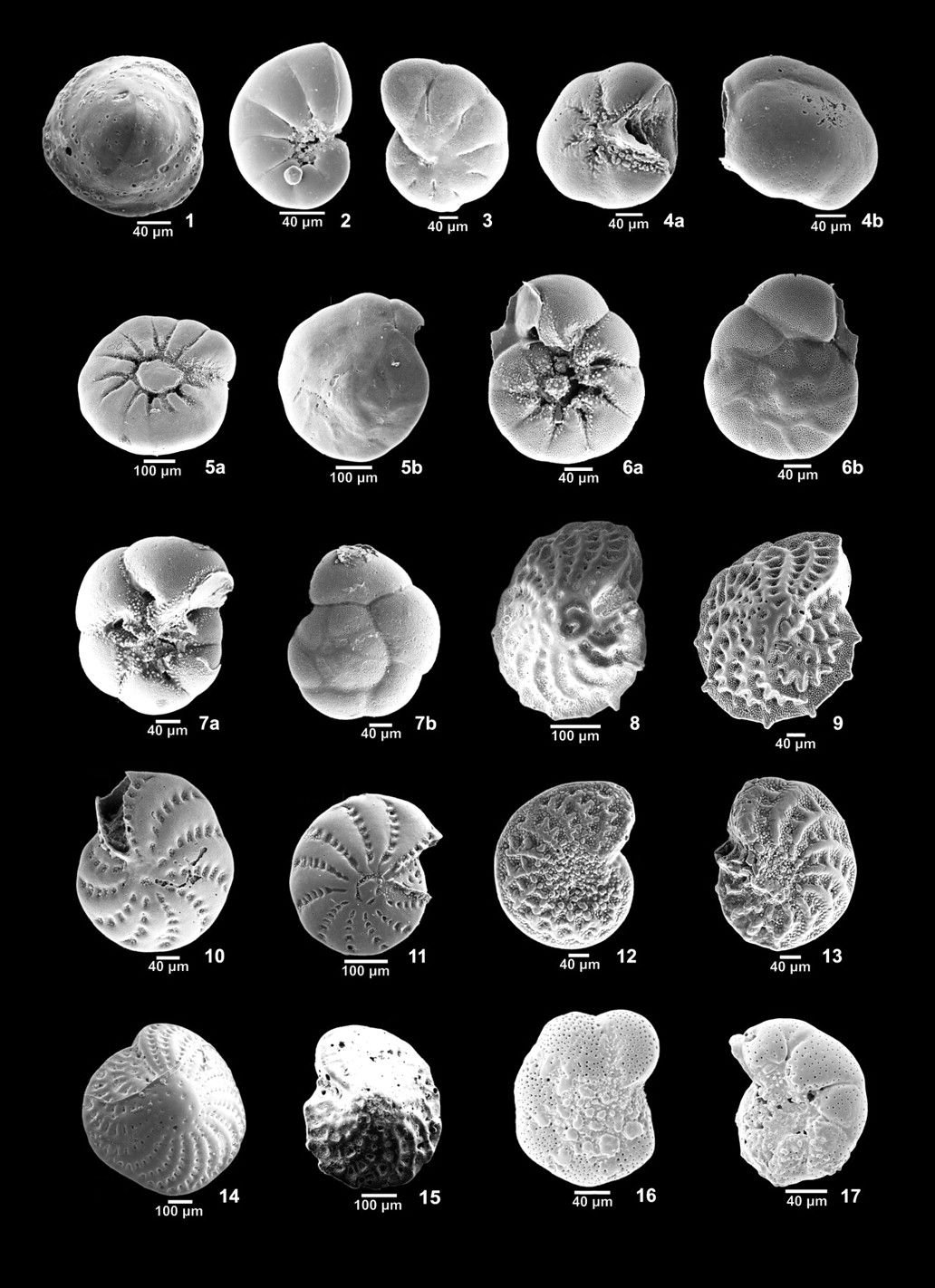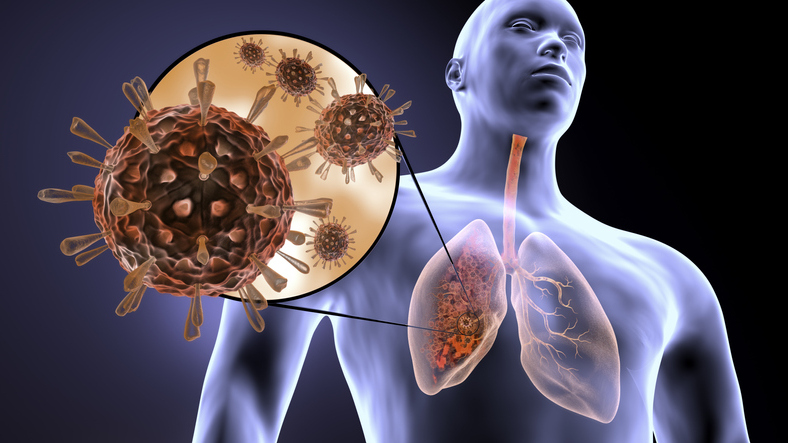Projects

Genomics analysis of outbreak MRSA
A comprehensive analysis of the progression of a MRSA clone, which emerged during an outbreak, was conducted utilizing machine learning and next-generation sequencing technologies over the course of a decade.

DNA markers for forensic investigations
Comprehensive studies of DIP-STR markers in human DNA have facilitated the identification of the lesser contributor in highly imbalanced blood mixtures, such as those found at crime scenes or during pregnancy testing.

Tracking patients within the hospital
Creation of a web-based tool designed to streamline the generation of patient tracking charts and networks for infection control personnel, thereby enhancing surveillance speed and overall infection management within the hospital setting.

Impact of offshore platforms using NGS
Offshore drilling platforms can cause harm to nearby marine life through spills, leaks, or drilling operations. We assessed the environmental impact using sediment samples and next-gen sequencing techniques to derive ecological status indices.

Plasmids typing with long reads sequencing
Understanding antibiotic resistance spread requires tracking plasmids, which are key transmitters. We employed long-read whole-genome sequencing on carbapenemase-resistant isolates to decode plasmid transmission dynamics in multiple hospital outbreaks.

Metagenomics analysis of infected tissues
The use of mNGS for infection diagnosis is rising due to its ability to rapidly detect pathogens. We investigated the influence of bacterial DNA enrichment on mNGS-based detection and estimation of bacterial abundance in an infected tissue model.

Foraminifera phylogenetic characterization
Foraminifera, a group of eukaryotic protists, have a complex phylogeny partly due to limited genomic data. In an effort to address this, we conducted an analysis of transcriptomic data from 28 species to construct the most comprehensive phylogeny to date.

Serotyping method using WGS
Correctly identifying the serotypes of infectious Streptococcus pneumoniae strains is vital for effective vaccine development. We assessed the efficacy of molecular-based methods (including WGS) compared to the traditional biochemical approach.

Impact of mutations on azithromycin resistance
The emergence of azithromycin resistance poses significant challenges in treating numerous bacterial infections. Our study delved into the effects of genetic mutations on the azithromycin resistance levels exhibited by different strains of Nesseria gonorrhoeae.
